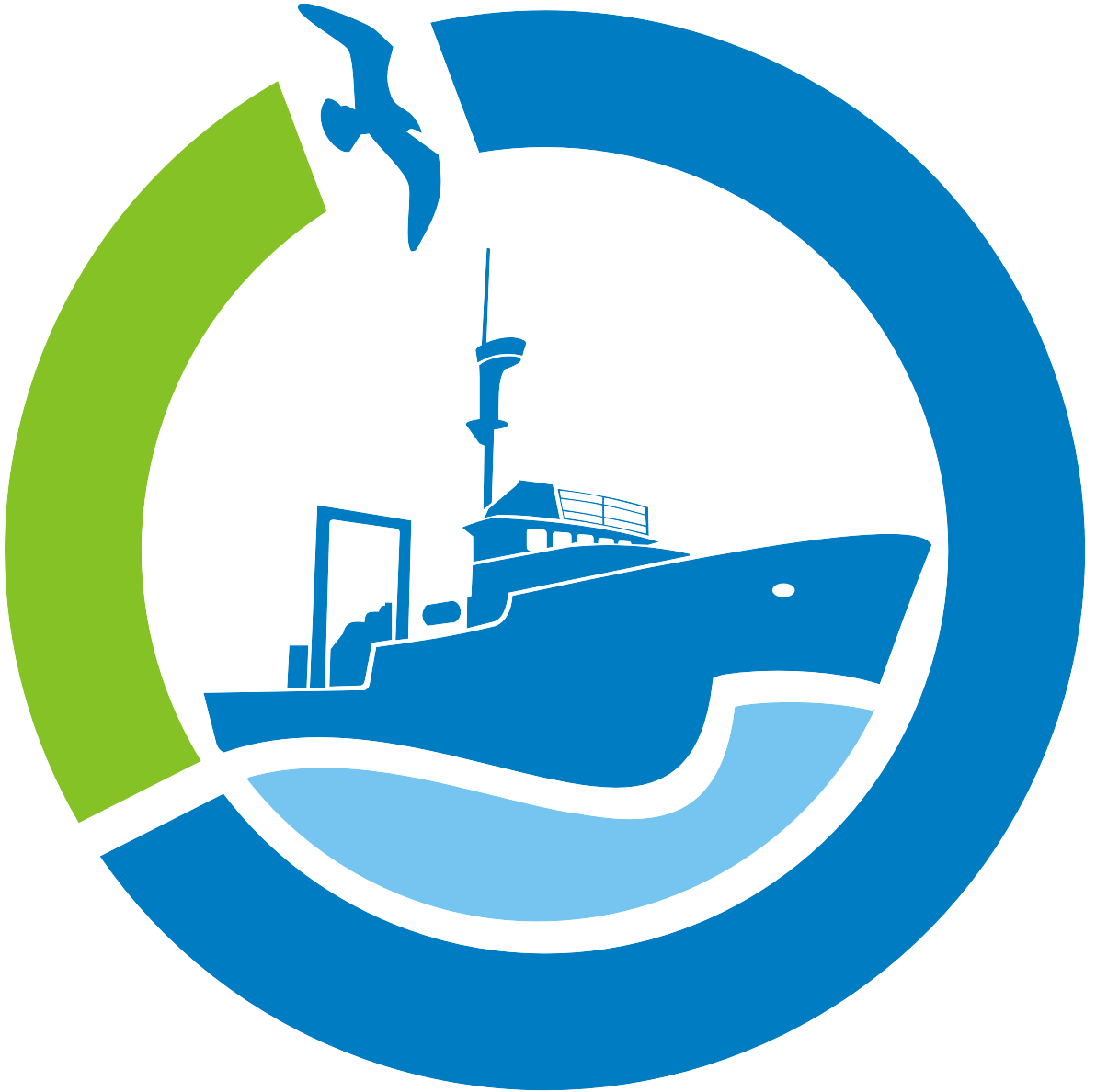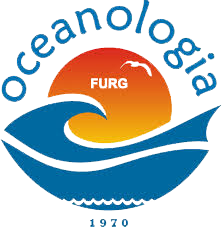Egress profile
The Environmental Management Technologist's duties will involve technical, legal and administrative aspects of environmental management, including planning, management and execution of environmental diagnostics activities, environmental impact assessment, proposing mitigation measures, restoration of degraded areas, environmental licensing, environmental supervision and monitoring, use regulation, environmental protection and conservation, legal compliance assessment, environmental impact analysis, preparation of reports and opinions, environmental adequacy of projects/processes in the aspects of design, planning, installation, operation and decommissioning. He can also work on the design and implementation of environmental policies, programs and projects, such as watershed management and urban environmental planning. In companies, he can establish qualified contact between environmental consultants, environmental agencies and communities.
Egress skills
The interdisciplinary nature of the environment and the expected scope of action for the Environmental Management Technologist impose on it a professional profile of balance between generalist knowledge and more specialized and technical knowledge.
Generalist or humanistic knowledge will provide a necessary comprehensive view of the environment and the complex socio-environmental problems of today's globalized society, in order to allow the proper establishment of the contexts in which decision making occurs in the licensing processes of development projects. In this way, the generalist formation will provide notions about business administration, human resources management, sociology, entrepreneurship and innovation, environment, development, education, social communication and social negotiation techniques, offering a range of action options, mainly related to corporate environmental management.
The specialized formation will provide in-depth knowledge on topics mainly related to the environmental licensing process, industrial process management and watershed management, such as Brazilian Environmental Legislation, environmental quality assessment, environmental engineering and restoration, methods and techniques of environmental impact assessment, environmental indicators, environmental monitoring methods and techniques, technical standards, remote sensing methods and techniques, geographic information systems, among others.








